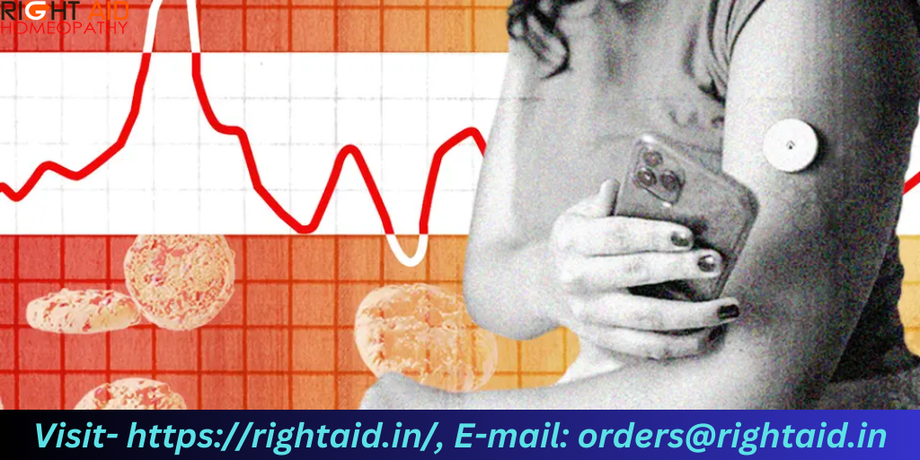Blood sugar, also known as blood glucose, plays a critical role in the body's functioning. It serves as the primary source of energy for cells, particularly in the brain, muscles, and tissues. However, maintaining the appropriate balance of blood sugar is essential for overall health and well-being.
The regulation of blood sugar levels is a complex process orchestrated by several hormones, primarily insulin and glucagon, produced by the pancreas. When we consume carbohydrates, they are broken down into glucose during digestion and absorbed into the bloodstream. In response, the pancreas releases insulin, which facilitates the uptake of glucose into cells, where it can be used for energy or stored for future use. This process helps regulate blood sugar levels, preventing them from rising too high.
Conversely, when blood sugar levels drop, such as during periods of fasting or physical activity, the pancreas releases glucagon. Glucagon stimulates the liver to break down stored glycogen into glucose, which is then released into the bloodstream to maintain blood sugar levels within a normal range.
Maintaining blood sugar within the optimal range is crucial for overall health. Persistent high blood sugar levels, a condition known as hyperglycemia, can lead to diabetes if left untreated. Diabetes is a chronic metabolic disorder characterized by elevated blood sugar levels due to either insufficient insulin production or the body's inability to effectively use insulin.
On the other hand, low blood sugar levels, or hypoglycemia, can cause symptoms such as shakiness, dizziness, confusion, and, in severe cases, loss of consciousness. Hypoglycemia often occurs in individuals with diabetes who take medications that lower blood sugar levels, particularly insulin or certain oral medications.
Maintaining balanced blood sugar levels is achievable through various lifestyle modifications, including a healthy diet, regular exercise, adequate sleep, and stress management. Consuming a diet rich in whole grains, fruits, vegetables, lean proteins, and healthy fats can help stabilize blood sugar levels by providing a steady release of glucose into the bloodstream. Additionally, regular physical activity improves insulin sensitivity, allowing cells to more efficiently uptake glucose from the bloodstream.
Monitoring blood sugar levels is essential for individuals with diabetes to manage their condition effectively. This typically involves regular blood sugar testing using a glucometer, which measures glucose levels in a small drop of blood obtained from a finger prick. Based on these readings, individuals can adjust their medication, diet, and physical activity to keep their blood sugar levels within the target range recommended by healthcare professionals.
In recent years, continuous glucose monitoring (CGM) systems have emerged as a valuable tool for real-time blood sugar monitoring. CGM systems use a tiny sensor inserted under the skin to measure glucose levels in the interstitial fluid continuously. This technology provides individuals with diabetes with valuable insights into their blood sugar trends throughout the day, helping them make informed decisions about their diabetes management.
Moreover, advancements in insulin delivery systems, such as insulin pumps and insulin pens, have improved the precision and convenience of insulin administration for individuals with diabetes. These devices offer customizable insulin dosing options and simplify the process of insulin delivery, enhancing adherence to treatment regimens and improving overall glycemic control.
In conclusion, blood sugar regulation is a vital aspect of overall health, impacting energy levels, cognitive function, and long-term health outcomes. By understanding the factors that influence blood sugar levels and adopting healthy lifestyle habits, individuals can optimize their blood sugar control and reduce their risk of developing diabetes and other related complications. Regular monitoring, appropriate medication management, and ongoing support from healthcare professionals are essential components of effective blood sugar management for individuals with diabetes.

